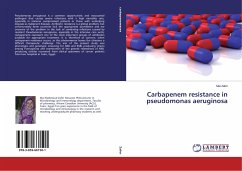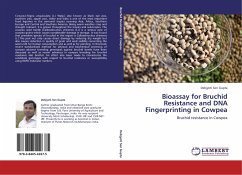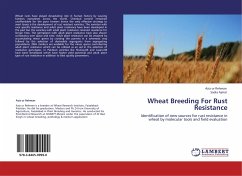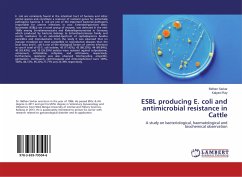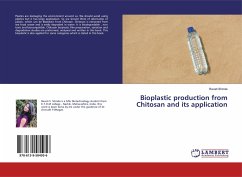Pseudomonas aeruginosa is a common opportunistic and nosocomial pathogen that causes severe infections with a high mortality rate, especially in immune compromised patients or those with underlying diseases as malignant diseases. Antibiotic resistance is a global problem, but unfortunately some countries lack the appropriate surveillance and are unaware of the problem. In the task of combating infections caused by resistant Pseudomonas aeruginosa, especially in the intensive care units, carbapenems represent one of the most important groups of antibiotics available for appropriate treatment. It is, therefore of concern, when carbapenem resistance occurs, as this phenomenon leaves the clinicians a difficult therapeutic challenge. The aim of the present study was phenotypic and genotypic screening for MBL and ESBL producing strains among P.aeruginosa and examination of the genetic relatedness of MBL producing isolates recovered from clinical specimens of cancer patients from two hospitals in Cairo, Egypt.
Bitte wählen Sie Ihr Anliegen aus.
Rechnungen
Retourenschein anfordern
Bestellstatus
Storno

